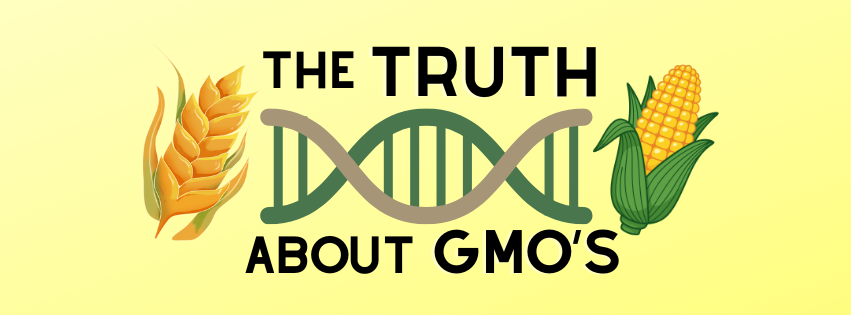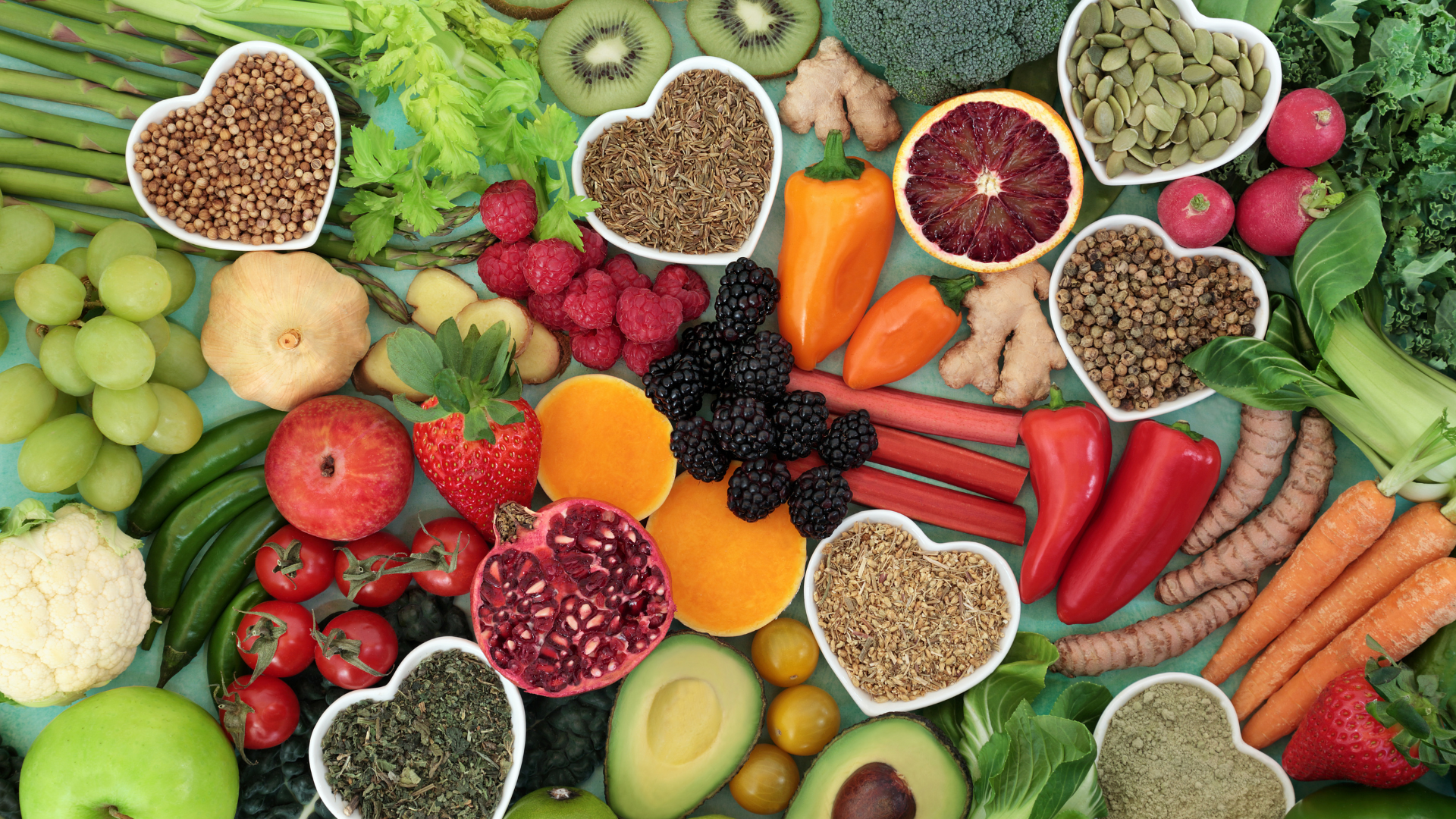TOP OF THE MORNING TO YOU!
These nutrients give you energy and are best taken with your breakfast:
Iron – Vitamins A and C increase iron absorption when taken together.
Zinc is well tolerated when taken with breakfast. If you take high doses on a regular basis (30-50mg) add copper intermittently or take them in combination.
Bio-Strath or
B complex
vitamins improve digestion and increase energy.
Antioxidants
such as astaxanthin, alpha lipoic acid, Pycnogenol, and grapeseed extract, typically boost energy, so morning is a great time to include them.
HIGH NOON
Lunch is a good time to take your daily
multi. Vitamin/mineral combinations work synergistically with food to provide a balance of nutrients for your good health.
Calcium/magnesium combos are best taken with food at lunch time and/or suppertime.
DINNER TIME
If you use a second dose of
calcium/magnesium, this is a good time to take it! Stomach acid is high, and absorption is enhanced.
Vitamin D
is believed to be most effective when taken in the evening.
Vitamin K, D, and Essential Fatty Acids (omega 3’s and GLA) taken together enhance absorption. If you suffer from constipation, omegas taken in the evening will improve elimination.
ANYTIME IS THE RIGHT TIME
Magnesium can be taken anytime, but if taken before bed it will improve sleep. Liquid chlorophyll is a wonderful plant source of magnesium that cleans and builds the blood, improves elimination, and has a profound healing effect on the intestines and colon.
Natural Health Pioneer Dr Bernard Jensen says, “When your innards are green, your innards are clean!”
Probiotics should be staggered. Changing the timing of your probiotic regularly provides healthful flora at different stages of digestion i.e. on an empty stomach one morning, half hour after lunch the next day, at bedtime the following day, and so on.
If you use
herbal remedies, they are usually considered a whole food and should be taken on an empty stomach unless otherwise stated on the label.
In our experience, the most common deficiencies are:
- B-Complex
Vitamins – water soluble and easily depleted by stress, fatigue, and poor diet. Many staff use Bio-Strath as a whole food source of B vitamins.
- Vitamin C – in the winter months – a common deficiency associated with most degenerative diseases. Man is the only mammal that does not produce vitamin C!
- Vitamin D – we recommend adults take 8,000 IU for one month then reduce to the daily upper limit of 4,000 IU. A deficiency is linked to 17 forms of cancer, cardiovascular disease, inflammation, depression, obesity, and more!
- Magnesium – has over 300 biochemical functions. A deficiency is associated with cardiovascular issues, tension and anxiety, muscle cramping and wasting, constipation, and brain function.
- Essential fatty acids – studies show that supplementation reduces brain shrinkage, improves eye and cardiovascular function, promotes hormone balance, modulates inflammation, and reduces bacterial overgrowth in the digestive tract.
- Probiotics – we now know that many physical and mental health issues begin in the gut. Intermittent use of probiotics creates a healthy microbiome that supports the immune system and corrects the alkaline/acid balance of the whole organism.
You might also want to check out our article on
vitamins and minerals that interact with each other so you can avoid any adverse effects.
In our modern world our bodies face challenges they were never designed to handle. Supporting our health with an alkalizing, living diet and judicial supplementation can overcome the challenges and keep us strong and resilient!
*Revised August 2022











